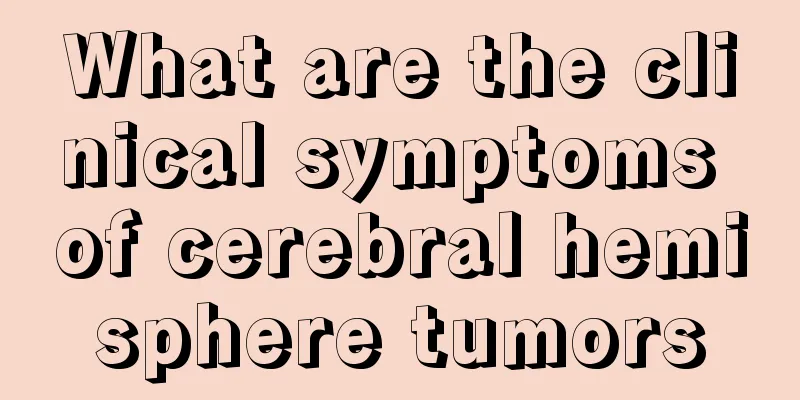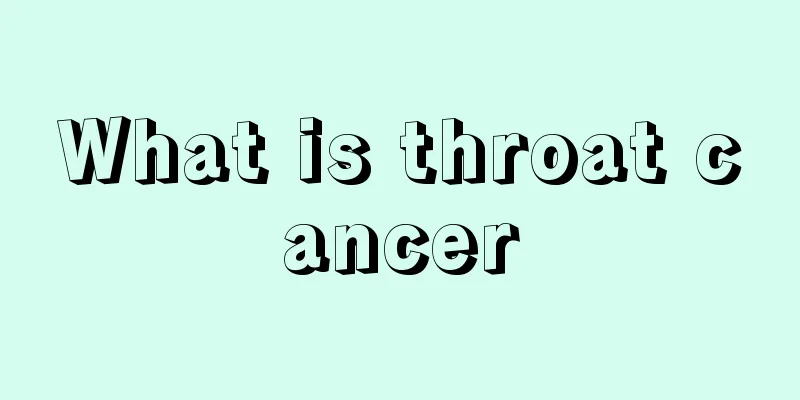What are the conditions for glioma

|
For every patient with glioma, good health is their greatest happiness. However, God is not kind to them, and they suffer from glioma. This has caused great harm to their bodies. Some people even do not know that they are sick when they suffer from glioma, or they know that they have glioma, but they do not pay attention to it and do not treat it. This has aggravated their condition invisibly. So, what are the conditions of glioma? Common symptoms: deep headache, vomiting, decreased vision, diplopia, epileptic seizures, slow reaction, brainstem hemorrhage, brainstem lesions, periaqueductal damage, strabismus, facial muscle spasm, ataxia, ventricular compression and displacement, hypothalamic damage, pharyngeal paresthesia, and cervical edema. Benign gliomas grow slowly and have a long course of disease, with an average of two years from the onset of symptoms to the time of medical treatment. Malignant gliomas grow quickly and have a short course of disease, with most cases taking less than three months from the onset of symptoms to the time of medical treatment, and 70-80% taking less than half a year. Headaches are mostly caused by increased intracranial pressure. As the tumor grows, the intracranial pressure gradually increases, compressing and pulling on pain-sensitive structures in the brain such as blood vessels, dura mater, and certain cranial nerves, causing headaches. Most of them are throbbing pain and distending pain, mostly in the frontal, temporal or occipital regions. For superficial tumors in one cerebral hemisphere, the headache may mainly occur on the affected side. The headache is intermittent at first and often occurs in the early morning. As the tumor develops, the headache gradually worsens and lasts longer. Local symptoms caused by compression, infiltration and destruction of brain tissue by the tumor result in neurological dysfunction. Increased intracranial pressure can cause papilledema, and over time lead to secondary atrophy of the optic nerve and decreased vision. Tumors compressing the optic nerve will cause primary optic atrophy, which also leads to decreased vision. The abducens nerve is easily compressed and pulled, often causing paralysis and double vision. Vomiting is caused by stimulation of the medullary vomiting center or the vagus nerve, and may be projectile without nausea. In children, the headache may not be obvious due to cranial suture separation, and because posterior cranial fossa tumors are common, vomiting is more prominent. |
<<: What are the characteristics of glioma patients
>>: Is tongue cancer prone to recurrence after treatment?
Recommend
What is the cause of severe dark circles?
When facing severe dark circles, we need to pay a...
What to do if you are stung by a bee
Bees are the hard-working little porters of flowe...
The whole body is limp and powerless
Most people would think that general soreness and...
What is angiography
With the rapid development of modern medical tech...
Other prominent symptoms of intestinal cancer include changes in bowel habits
The more prominent manifestations of colorectal c...
Is it suitable to exercise during the period of fibroids
Many patients with fibroids feel that they have a...
Who are the people who are susceptible to gastric cancer
Gastric cancer is simply a cancer that occurs in ...
There is white stuff on the lingual tonsils
When something abnormal happens to their tonsils,...
What to do with the fruit residue after juicing?
Fruit is a kind of food that we usually eat. Frui...
Small red spots on thigh sweat pores
The small red spots on the sweat pores of the thi...
What is the reason for eye mucus?
People say that eyes are windows to the soul, and...
Is transverse colon cancer surgery difficult?
Transverse colon cancer surgery is difficult, mai...
What is the best way to remove dental plaque
Many friends do not pay attention to their oral h...
Are dark purple lips hereditary?
Lips are an important part of the human body and ...
What to do if an elderly person has esophageal cancer
What should I do if an elderly person has esophag...









